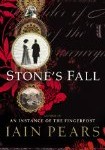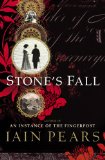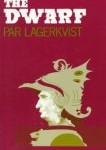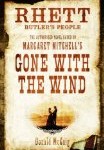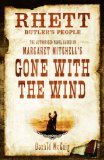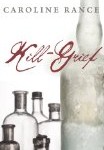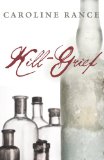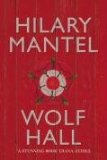Let me start by saying that this is my favourite book of 2009 so far – I was completely unprepared for how much I would love this book.
The premise is quite simple: Why did John Stone die, falling out of a window at his London home? The story is a complex mystery, beginning in London in 1909 and gradually revealing the truth by going back in time – first to Paris in 1890, and finally to Venice in 1867.
The book is cleverly constructed so that in the first section John Stone has just died and all the information about him is vague and contradictory. In the second section he becomes a character, so we begin to build a better picture of him and in the final section he is the narrator, so we finally find out the truth about his fascinating life.
I did not want power or wealth for themselves, and did not in the slightest desire fame. But I wanted, on my death, to be able to expire feeling that my existence had made the world a different place.
This is a literary mystery, so the pace is quite slow and at nearly 600 pages it isn’t a quick read, but the length was necessary to create the vivid world and fully formed characters. The astonishing twists were reminiscent of Fingersmith and I am sure I will remember this book for a very long time.
The espionage and financial aspects of the book meant that I thought it would appeal to men more than women, but while I think this is probably true, I am a woman and it is my book of the year! I admit that there were a few sections where the financial implications of events went over my head, but I was quickly brought back to the gripping plot by another development.
This book has everything – a multi-layered complex plot, fantastic characters and a compelling mystery.
Highly recommended to lovers of suspenseful literary fiction.
![]()
I haven’t read anything by Iain Pears before, but after the success of this one I am definitely going to track down all his books.
Have you read anything by Iain Pears?
Which of his books is your favourite?
